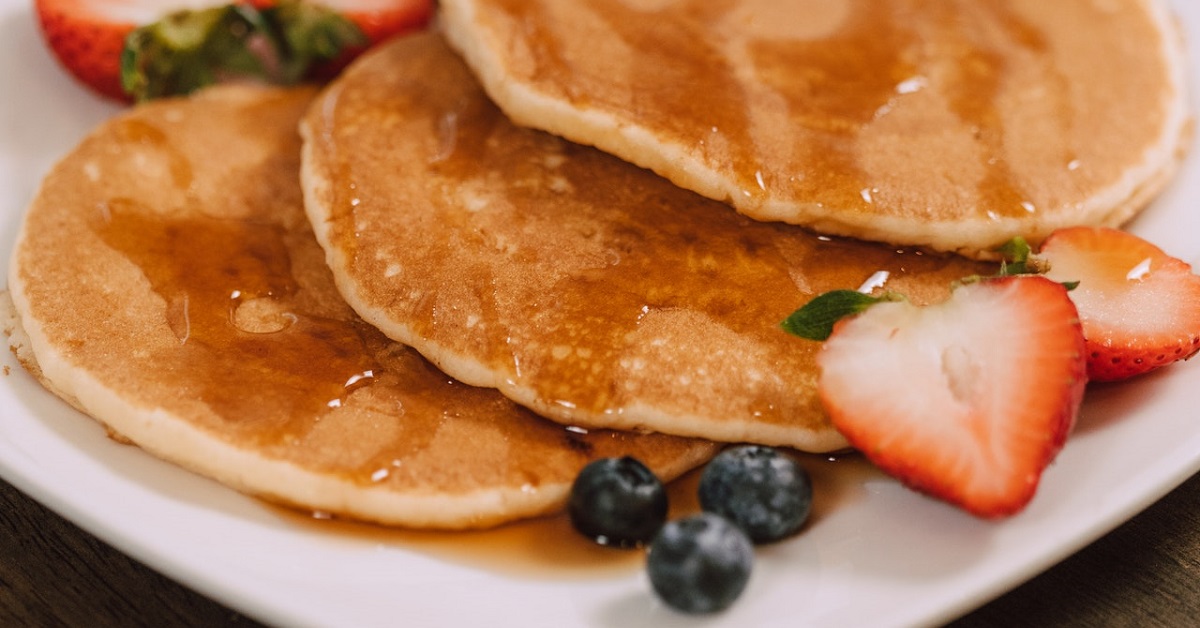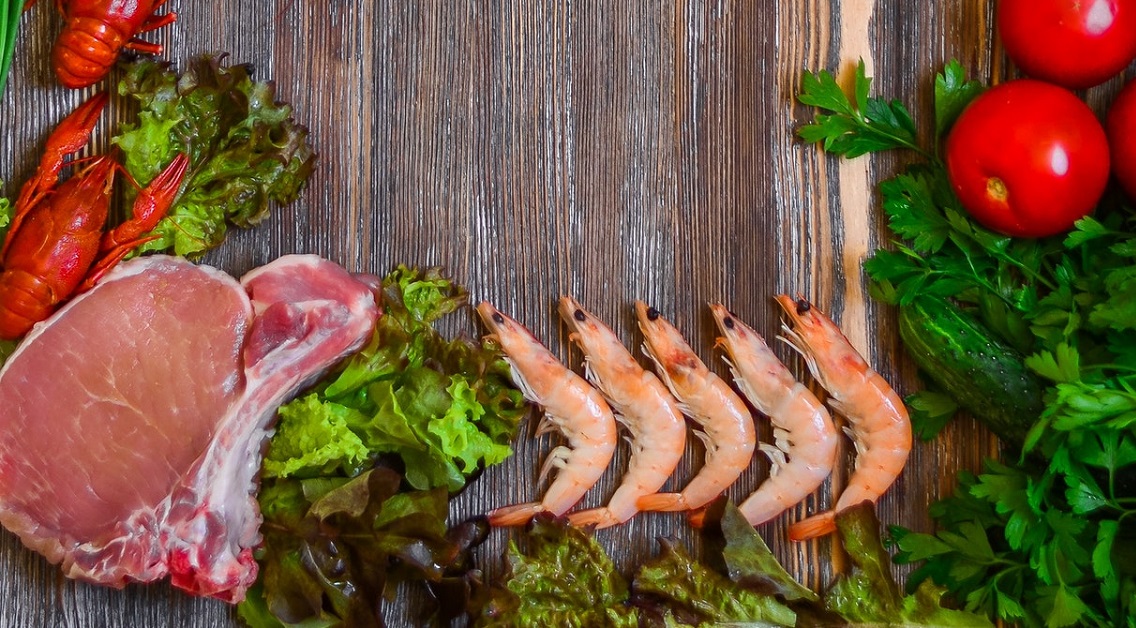Chemist.net Cookie Policy : We use cookies to enhance your user experience. To find out more please view our cookie policy
What Foods are Gluten-free in the UK?

If you get ill after consuming gluten, a kind of protein, you might have a gluten allergy. You can experience fatigue, nausea, or bloating. Non-coeliac gluten sensitivity (NCGS) is another term for gluten intolerance. Continue reading for more information on UK gluten-free foods.
What is gluten?
Gluten is a protein found in grains like wheat, barley, and rye, among others. Numerous everyday foods and beverages, such as pasta, cereal, and beer also contain them. Supplements, cosmetics, and even some medications contain gluten too.
Are gluten intolerance and coeliac disease the same thing?
Coeliac disease and gluten intolerance are distinct conditions. Gluten triggers an autoimmune response in those who have coeliac disease. This indicates that their systems attempt to combat gluten as though it were a virus. Their digestive tracts get inflamed and damaged as a result of this reaction. Gluten sensitivity is caused by a faulty gene. People with coeliac disease have high concentrations of certain antibodies in the blood. These are molecules that fight gluten.
Many of the symptoms of coeliac disease and gluten sensitivity are similar. People who are sensitive to gluten, however, do not have a defective gene or blood antibodies.

What are the symptoms of gluten intolerance?
After consuming gluten, people may have the following symptoms for several hours or days:
- Anaemia
- Fatigue
- Depression
- Brain fog, or trouble concentrating
- Abdominal pain
- Joint pain
- Anxiety
- Bloating or gas
- Nausea and vomiting
- Diarrhoea or constipation
- Headache
- Skin rash
Many people with gluten intolerance also suffer from irritable bowel syndrome (IBS).
What causes gluten intolerance?
It's unclear what exactly causes gluten sensitivity. According to some research, some people may not be sensitive to gluten, but rather to a specific carbohydrate that is present in many meals. Their bodies don't properly absorb carbohydrates. They become ill when it ferments in their digestive tracts.
According to an additional study, wheat may have an impact on certain people's digestive tract lining. The majority of the time, this lining prevents bacteria from escaping your intestines. However, the lining might not function properly in those who are intolerant to gluten, letting bacteria enter their blood or liver, hence triggering inflammation.

What are some UK gluten-free foods?
You can eat the following foods, which are naturally gluten-free if you have coeliac disease:
- Potatoes
- Fruits and vegetables
- Gluten-free flours, including rice, corn, soy and potato flour
- Meat and fish (although not breaded or battered)
- Most dairy products, for example, cheese, butter and milk
- Rice and rice noodles
By law, foods that are marked as gluten-free are only allowed to include 20 parts per million (ppm) of gluten in them.
Should you take UK gluten-free foods only?
The majority of coeliac disease sufferers won't experience any issues with these little levels of gluten. However, a small percentage of patients require a diet free of all cereals, since they are unable to tolerate even minute levels of gluten.
It's essential that you abstain from eating gluten if you have coeliac disease. Numerous difficulties can arise if you have a coeliac disease that has not been properly diagnosed or treated if you continue to consume gluten.
It's a common misperception that consuming a small amount of gluten won't be harmful. Even a small amount of food can make coeliac disease symptoms much worse, hence raising your risk of complications.
Visit your nearest Knights Pharmacy branch for allergy testing, or shop online at Chemist.net for gluten-free products.
Knights Pharmacy Testing Shop Now
This blog post was written on behalf of Chemist.net by Pharmacy Mentor.